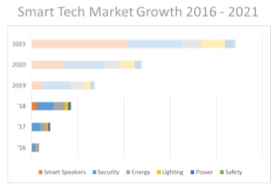There is no doubting the impact that voice assistants have had on the smart tech market. Smart speakers like Amazon Echo and Google Home are bringing more devices into more homes as the technology becomes more mainstream. Homeowners rather than tech savvy early adopters can now start to deploy a range of smart devices from major manufacturers that can be operated not from a number of different apps on their smartphone but by using their chosen voice assistant as the central control hub for their smart home ecosystem.
Manufacturers have been eager to incorporate voice assistants into their products to take advantage of the growing market trend. Whilst it’s difficult to be entirely accurate with statistics, it’s clear that the installed base of Alexa and Google Home runs into several million. Research analyst Canalys estimates that in the first nine months of 2017, 17.1m smart speakers shipped worldwide with a further 16.1m sold during the last quarter driven by the holiday season and no doubt helped by the reduction in cost of the devices. That correlates with data from Strategy Analytics that reported full year shipments of 32m, up over 300% year on year with Google and Amazon accounting for 9 out of 10 smart speakers sold. Exertis estimate that 3.94 units were shipped in the UK during 2017 with Amazon accounting for 71% of the market.
Whilst the consumer may initially be happy for these smart speakers to answer questions, play music and control their viewing experience, the opportunity to control other devices around the home should bring music to the ears of retailers. What’s more if you’re thinking it’s just a passing trend, then consider the staggering 70% year-on year growth forecast from Canalys estimating that shipments will reach more than 56m units this year.

Thermostats, Cameras, Plugs, Lights and Entertainment
Manufacturers are clearly behind the voice assistant market evidenced at both CES and MWC when increasingly products were promoted to be compatible with one or other or both of the major voice assistants. Prominent drivers of smart home adoption have been the ease of use offered with a voice assistant coupled with a desire for energy efficiency, home security, comfort and entertainment. Energy consumption is hardly surprising as smart meters and thermostats have been heavily advertised and rapidly adopted by consumers. Lighting has also been a good seller not just in terms of energy but also for creating ambient settings in the home. Security is also on the minds of Millennials, particularly females, as a survey from Better Homes and Gardens reported that 73% saw smart home tech as a way to protect their homes – a rise from 9% since 2014. Smart Security cameras which can now be linked to your TV via Amazon Fire TV adds another dimension to home security. And as for entertainment, 70% of users report listening to more music now they have a smart speaker.
The variety of products are growing exponentially, and hundreds of “works with” products are now listed on Amazon and Ebay. Exertis’ extensive experience with retail and smart tech has led us to the conclusion that it’s wiser for retailers to keep with the trusted brand names that offer a channel strategy that has retail at its heart as well as offering better reliability, security and support.
Service and Installation
Whilst some products can be classed as DIY and installed easily by the homeowners, others need the help of professional installers or local retailers that can provide a more personal and advisory service along with installation. Whilst tech savvy buyers might be prepared to undertake that work, the majority of consumers would prefer a pain-free set-up. Those retailers that can offer support, advice and service are most likely to get repeat business as the homeowner builds a more enhanced connected home system. The in-store experience is vitally important. Setting up a smart tech sales environment and providing easy to follow messaging about the benefits and how it’s possible to build an integrated and connected home will generate sales.
Smart Tech is a journey not a purchase.
One unique aspect of smart tech is that as consumers begin purchasing products to work with their smart speakers, they are embarking on a journey where purchases are made across several months. For most categories in retail, a consumer buys a product and that’s it. With smart tech, there’s a strong repeat business opportunity to pursue.
Experience counts. That’s why working with Exertis, the leader in smart tech distribution, makes sense if you want to add smart tech products to your portfolio. With the Smart Tech market growing fast, driven by the adoption of smart speakers, as a retailer, wouldn’t you want to involved?
At Exertis, we’ve a range of retail services that can get you started and help you make the most of the opportunities, and the best portfolio of products from leading brands. We’ve opened new routes to market for our vendors from electrical and DIY superstores to specialist independent stores that are trusted advisors in their community. If you’d like to find out more, speak to your account manager.

Buyer Beware
Both Amazon and Google license their technology to OEMs. The Amazon Alexa has features not found on clones (at this time). Drop in which is an intercom function that allows users to “call” one Alexa device from another e.g. “Alexa call the kitchen”, Call in which allows you to make and receive calls and messaging between Alexa devices owned by different people and Multiroom audio which allows you to play the same music on different Echo devices are all, at this time, unique to Amazon’s Alexa devices.

